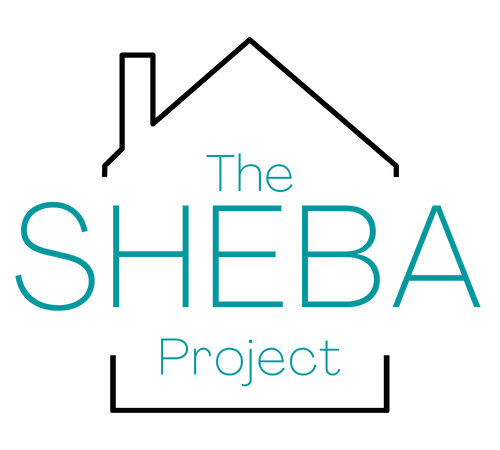Safe at Home: Experiences, Barriers and Access (SHEBA) Project
Abstract:
The Safe at Home, Experiences, Barriers and Access (SHEBA) Project drew on a strong partnership between researchers (University of Melbourne and University of NSW), Victorian Community Sector organisations providing family violence services (McAuley, Good Shepherd Australia and New Zealand, In-Touch, Centre of Non-Violence) and women with lived experience (The WEAVERs) to understand the safety and effectiveness of Personal Safety Initiatives (PSIs) and Safe at Home responses to family violence more broadly in Victoria, Australia. The project aimed to hear from victim/survivors of family violence who had accessed PSIs, and from sector practitioners delivering PSIs and Safe at Home responses to understand:
- Key components of an effective Safe at Home response.
- Facilitators and barriers to implementing an effective Safe at Home response.
- Evidence of how Safe at Home responses can be adapted to ensure the safety of victim/survivors to accommodate: a) emergency or disaster settings; and b) diverse population groups.
- Gaps in the current Safe at Home service provision for victim/survivors in Victoria.
Findings highlighted key strengths and facilitators, limitations and barriers for effective implementation of PSIs and Safe at Home responses in Victoria across phases of access, implementation and longer-term use. The project highlighted practice considerations across these phases that can be implemented in different organisational and practice contexts within the current Victorian service system. Combining findings with those from evidence in the literature, the SHEBA Project highlighted 12 key components for effective Safe at Home responses and their delivery, contributing to international literature concerning Safe at Home responses. The project made 62 recommendations to strengthen these 12 key components and support an enhanced future state of Safe at Home responses in Victoria.
Researchers: Cathy Humphreys, Kristin Diemer, Jasmin Isobe, Heshani de Silva
Publications:
- Research Report
Isobe, J., Diemer, K., Humphreys, C., & De Silva, H. (2024). Safe at Home: Experiences, Barriers, and Access (The SHEBA Project): Research Report. The University of Melbourne. DOI: 10.26188/27889083 - Research Report – Executive Summary
Isobe, J., Diemer, K., Humphreys, C., & De Silva, H. (2024). Safe at Home: Experiences, Barriers, and Access (The SHEBA Project): Research Report. The University of Melbourne. DOI: 10.26188/27889083 - Policy Brief
Isobe, J., Diemer, K., & Humphreys, C. (2024). Safe at Home: Experiences, Barriers, and Access (The SHEBA Project) Policy Brief, November 2024. The University of Melbourne: Melbourne, Australia. DOI: 10.26188/27957123 - Knowledge Translation Report and Practice Guidance
Isobe, J., Diemer, K., & Humphreys, C. (2024). Safe at Home: Experiences, Barriers, and Access (The SHEBA Project) – Knowledge Translation Report and Practice Guidance. The University of Melbourne. DOI: 10.26188/27950151 - Evidence Review
Breckenridge, J., Dubler, N., Lyons, G., & Suchting, M. (2024). Safe at Home Victoria – Evidence Review. Gendered Violence Research Network, University of New South Wales.
Funder: Victorian Government, Family Safety Victoria
Partner Organisations:
- McAuley
- Good Shepherd Australia and New Zealand
- InTouch
- Centre for Non-Violence
- Gendered Violence Research Network, University of New South Wales
Project Dates: July 2022 – November 2024
Contact:
Associate Professor Kristin Diemer
E: k.diemer@unimelb.edu.au
T: +61 3 8344 9425
